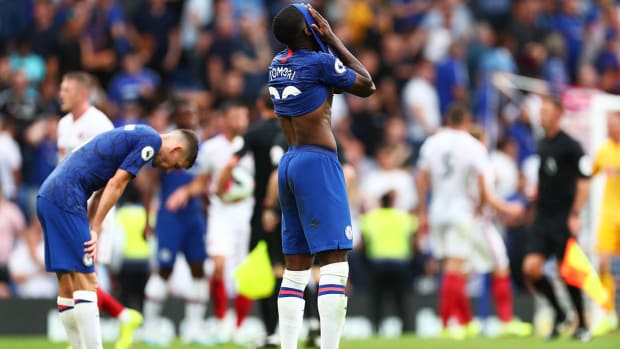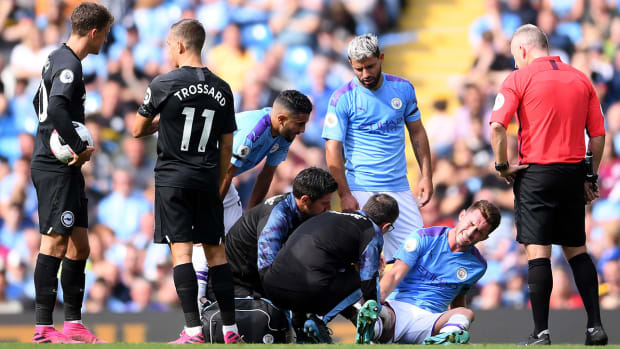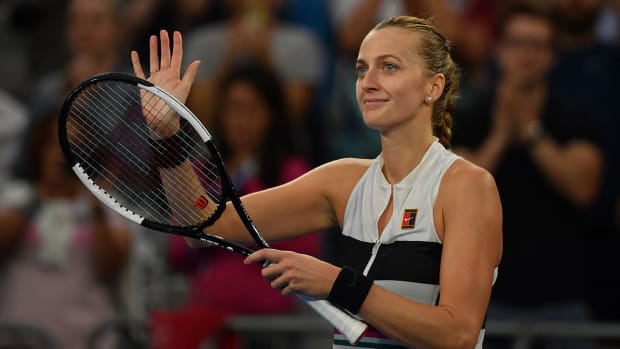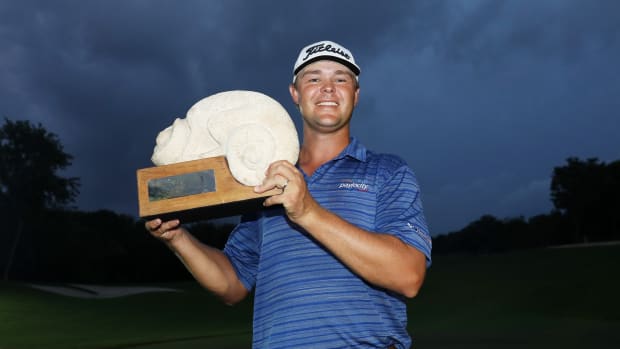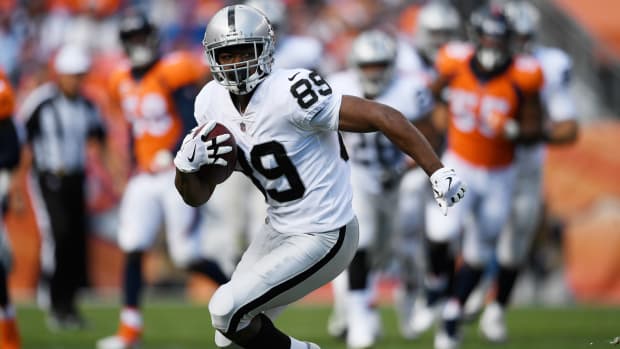Q&A on the Russian doping scandal
GENEVA (AP) The report that damned Russia's record on doping in athletics was even more damaging than expected.
A World Anti-Doping Agency panel delivered a 323-page document Monday loaded with evidence of bribery, government-backed corruption, doping and hiding positive tests to let cheaters compete at the previous Olympics.
''It's worse than we thought,'' said commission chairman Dick Pound, the former WADA president who led an 11-month investigation.
There is more to come from his three-member panel. They will report within weeks on complicity of senior IAAF officials, including Lamine Diack, the governing body's former president who was charged by French prosecutors last week.
---
WILL RUSSIA HAVE A TRACK AND FIELD TEAM AT THE 2016 OLYMPICS?
Maybe, but only if the country's sports leaders make some changes.
The inquiry team wants the IAAF to suspend Russia from all competition, nine months ahead of the 2016 Olympics in Rio de Janeiro. Only when the Russian athletics federation complies with WADA standards should its team be accepted.
''There are a lot of people that are going to have to walk the plank before this happens,'' Pound said.
Russia's team at the 2012 London Olympics contained doping cheats when it won 18 medals in track and field, including eight gold.
''The Olympic Games in London were, in a sense, sabotaged by the admission of athletes who should have not been competing,'' the report said.
Still, the widespread reaction in Russia of denying allegations and blaming others, including WADA, did not inspire hope of change and reform.
---
WHAT DID THE INQUIRY FIND?
The report details a systematic program of cheating and financial corruption that Pound called ''state-supported.''
''I don't think there's any other possible conclusion,'' the longtime IOC member said. ''It may be a residue of the old Soviet Union system.''
According to the report, athletes were helped to use doping substances and evade detection by corrupt state-funded agencies: the Russian athletics federation, the testing laboratory in Moscow and anti-doping agency RUSADA.
Even the FSB intelligence agency oversaw the lab and embedded spies at the 2014 Sochi Olympics, witnesses told the inquiry.
The report also says Russia's sports ministry exerted influence on the WADA-accredited lab and issued orders for athletes' samples to be manipulated. A second, secret lab in Moscow would pre-screen blood and urine samples to identify clean ones for the WADA system.
Athletes would also get false identities to travel abroad to evade possible testing.
---
WHO WAS RESPONSIBLE?
Among others, Valentin Balakhnichev, the longtime head of the Russian athletics federation and former IAAF treasurer, was found to be responsible.
He was also implicated in extorting hundreds of thousands of dollars from marathon runner Liliya Shobukhova to avoid a ban before the 2012 London Olympics.
Also, the report said Moscow lab director Grigory Rodchenkov is ''an aider and abettor of the doping activities.''
Rodchenkov remains in his job despite being placed at the heart of the doping and cover-up conspiracy. He also denied WADA key evidence by ordering 1,417 athlete samples destroyed last December, according to the report.
---
WHAT ABOUT SPORTS MINISTER VITALY MUTKO?
Russia's top sports official, Vitaly Mutko, is a longstanding member of President Vladimir Putin's circle of allies. He became a FIFA executive committee member in 2009, ahead of helping Russia win hosting rights for the 2018 World Cup the next year.
Pound clearly stated his concerns about the sports minister's role in such a wide doping conspiracy.
''It was not possible for him to be unaware of it,'' Pound said of the head of Russia's World Cup organizing committee. ''And if he was aware of it, he was complicit in it.''
Pound and other inquiry members interviewed Mutko in September at the Baur au Lac in Zurich, the luxury hotel that was the scene of early-morning police raids in May that sparked FIFA's corruption crisis.
---
HOW DID THE SCANDAL EMERGE?
German network ARD broadcast a documentary last December with evidence from athletes and anti-doping officials who turned whistleblower.
WADA appointed the three-member inquiry team chaired by IOC veteran Pound.
Pound praised ARD filmmaker Hajo Seppelt for a ''fine piece of investigative journalism.''
A second Seppelt documentary in August focused on a leaked IAAF database of confidential blood test results. It suggested that one-third of medals in endurance races at the Olympics and world championships over a 10-year period were won by athletes who recorded suspicious doping tests.
The panel's report on that case is expected within several weeks.
---
DOES THE PROBLEM GO BEYOND RUSSIA AND ATHLETICS?
Yes, according to the report.
The commission ''wishes to make it clear that, in its considered view, Russia is not the only country, nor athletics the only sport, facing the problem of orchestrated doping in sport.''
